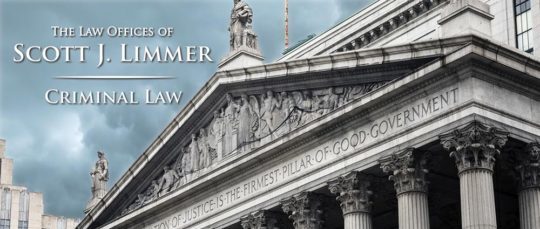In June 2015, an armed shoplifter fleeing police in Aurora, Colorado, after a high-speed auto chase, decided to hole up in the upstairs bathroom of a randomly chosen home in suburban Greenwood Village. Police surrounded the site, and he was eventually captured alive after a 19-hour stand-off.
The outcome was far less dramatic than were a SWAT team’s efforts to dislodge the suspect from the home. The suspect fired shots at the assembled police, both before and after five hours of fruitless negotiations. The police responded by firing tear gas into the home, using an armored vehicle to crash through the front door, and using that vehicle and robot-delivered explosives to blast numerous holes in the residence’s outer walls.
The home’s occupants, a family named Lech, were unharmed, but the structure was seriously damaged. With police-sent projectiles protruding through its exterior walls, also displaying many gaping holes, the Lech family home had had to be demolished after Greenwood Village condemned it. The city offered the homeowners $5,000 to help with temporary living expenses while the home was rebuilt, but it refused to provide any other compensation.
The Lechs, who would spend almost $400,000 to reconstruct the home and replace ruined possessions, filed a lawsuit against the city and about a dozen police officials and officers, claiming the destruction of the home and refusal to compensate them for the loss amounted to a “taking” of the property without compensation, which they claimed was unconstitutional under the Fifth Amendment (which guarantees that citizens receive compensation when government takes private property for a public purpose).
When the case was heard in a federal district court, the municipal defendants argued the Fifth Amendment’s “taking” provision didn’t apply to police destruction of the Lech family home, since – unlike an exercise of eminent domain, when a government seizes private property to put it to a public use, such as a park or roadway, the city was exercising its “police power,” not converting it to a different, public usage. So, the defendants won as a matter of law.
Owners of Lech Family Home Appeal to Higher Federal Court
In Lech v. City of Greenwood Village, the homeowners appealed to a higher federal court, the Denver-based 10th Circuit Court of Appeals. They contended the Fifth Amendment’s “takings” provision was apt, because it was meant to prevent the government from imposing on citizens losses than government should rightfully shoulder.
They also argued the distinction the lower court had made between police power and official takings like eminent domain should not apply when blameless property owners were involved. They also cited decades-old cases from Minnesota and Texas supreme courts which allowed citizens to recover for property damages police inflicted on innocent citizens while apprehending criminal suspects.
But on October 29, a three-judge appellate court panel unanimously agreed with the district court’s decision and reasoning. The panel admitted the outcome might seem “unfair,” but police exercising their duty of protecting the public cannot be “burdened with the condition” of having to compensate anyone whose property suffers damage in the process. It also noted the same position had been taken by several other federal appeals courts.
About the Author
Scott J. Limmer is a New York criminal attorney practicing primarily in Nassau, Suffolk, and Queens counties. You can contact Scott anytime. He is available 24 hours a day, 7 days a week, year-round and your initial consultation is free.
